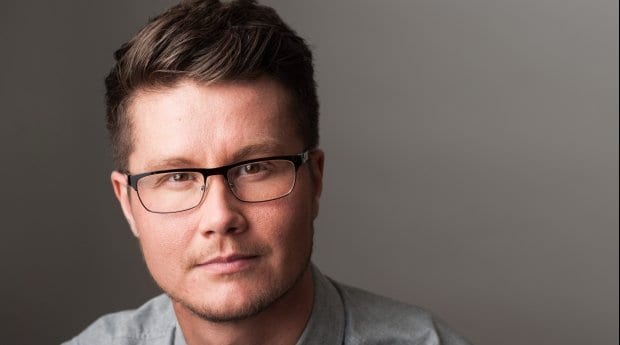Toronto queer activists are finally getting what some have fought decades for — dedicated space for homeless LGBT youth.
As part of the proposed 2015 budget, 54 shelter beds for LGBT youth will be added to Toronto’s shelter system. As well, two 24-hour drop-ins for women will open in the east and west ends of the city, for a total increase of $7.9 million to the city budget.
This marks a far cry from the spendthrift budgets made under former mayor Rob Ford, who infamously voted against a motion simply to look into the feasibility of shelter space for LGBT youth.
Joe Mihevc, the councillor for Ward 21 and a member of the community development and recreation committee, says that city staff had begun to recognize the need for greater specialization in the shelter system.
“We know that gay and lesbian youth can be vulnerable in shelters and are sometimes the victims of hate and violence,” Mihevc says.
I Alex Abramovich, a post-doctoral fellow at the Centre for Addiction and Mental Health who has long advocated for space for the LGBT community in Toronto’s shelters, was thrilled with the news. “I think we have been waiting for a very long time for this,” he says. “We have known about this issue for over 20 years in Toronto.”
According to a report from Covenant House, approximately 2,000 youth are homeless in Toronto on any given night. Further research has found that anywhere from 25 to 40 percent of homeless youth identify as a part of the LGBT community, though Abramovich says that estimate came from a study done roughly 15 years ago. Today, he says, there isn’t much clarity on how many homeless youth are part of the LGBT community because not many services collect that data, making it difficult to track.
In winter, not having a warm place to go can have fatal consequences. Three homeless people have died in Toronto so far in January, reportedly because of exposure to the cold. A fourth man was found dead after rescue personnel were called to a fire in the east end.
The city’s immediate response was to rent motel rooms to create more temporary shelter space. But for the LGBT community, the need for safe space is paramount.
“Something that I’ve discovered in my research is that a lot of shelters are deeply ingrained in a homophobic and transphobic culture,” Abramovich says. There are countless stories of LGBT youth facing discrimination and sometimes violence while staying in shelters.
Mihevc says that once council approves the new shelter space, city staff will put out a request for proposals for a shelter provider this summer. The providers for two 24-hour women’s drop-ins have already been chosen but will not be revealed until after council votes on the budget.
Mihevc adds that services at the drop-in centre would be available to “street-involved women in the sex trade.” He has no firm answer as to whether the drop-ins would be available to trans women but says he thinks they would be.
Last year, city council passed a motion mandating that all shelter staff receive anti-homophobia and anti-transphobia training.
The next step, Abramovich says, is to start putting funding toward long-term solutions, including affordable housing and prevention plans.
Councillor Kristyn Wong-Tam, who tabled a motion in 2013 to start a working group to report on the feasibility of opening a shelter for LGBT youth, tells Xtra that though she thinks it’s great news that more shelter beds may be made available for LGBT youth, there should also be a focus on creating affordable housing in the long term.
“Shelter facilities are not adequate housing,” Wong-Tam says. “It’s not sustainable, and it’s actually very costly for the city in the long run.” She says access to affordable housing for young people, especially in the LGBT community, will allow them to transition out of shelters quicker.
She also expressed reservations about Mayor John Tory’s plan to fund part of the budget with a $200 million “line of credit” offered by the provincial government. “It’s not sustainable,” she says, wondering how the city will continue to offer the same services in following years without asking for more money from the provincial government.
Budget committee meetings and consultations are slated to continue through January and February. City council will vote on the budget March 10.
HG Watson can be reached at hg.watson@dailyxtra.com or @hg_watson on Twitter.


 Why you can trust Xtra
Why you can trust Xtra


